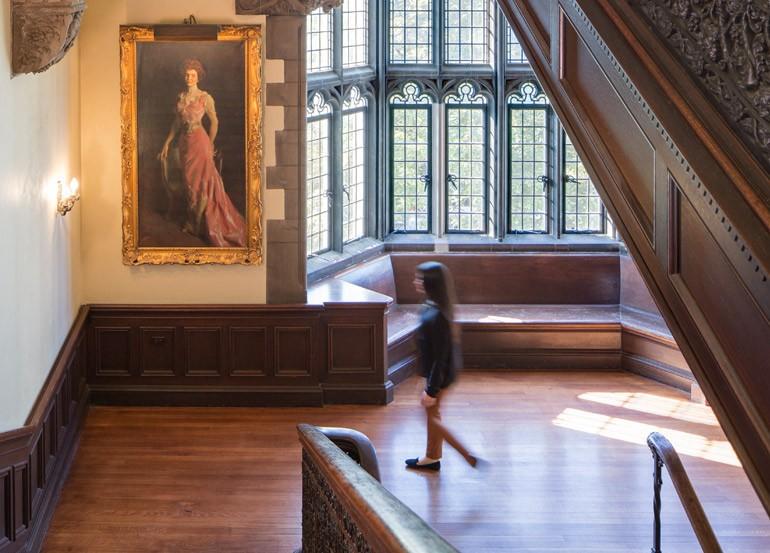Shortly after graduating from the University of Chicago in fall 2021, Adam Zabner announced his campaign for state representative in Iowa’s 90th House District. If elected, he will be the first-ever Latino-American representative serving as a Democrat in Iowa and aim to expand opportunities in Iowa and address structural inequalities.
“I got in this race because I believe that Iowa can lead on big issues like climate change, like health care. You know, we're number two in the country on wind energy,” Zabner said in an interview with The Maroon.
Zabner, who majored in neuroscience and was a former Maroon contributor, was born and grew up in Iowa City after his parents immigrated there from Venezuela. He discovered his love for political campaigning while working as an organizer for Pete Buttigieg during the 2020 Presidential election. Zabner then worked as an organizing director for the Iowa Democratic Party and a volunteer coordinator for Senator Jon Ossoff (D-GA).
“The things that have taught me what I need to know in this job are rooted in the activism and political work that I've done: getting out there, talking to voters, working in the most conservative parts of Iowa,” Zabner said. “[Discovering] where it is that our state party is lacking in terms of messaging, in terms of folks not knowing exactly what we stand for, in terms of struggling to find that connection with people and break through some of the partisan noise.”
Based on his experiences as a resident and organizer in Iowa, Zabner believes that many of the issues facing Iowa are rooted in the exodus of young people from the state.
“If you graduate from college, you're 40 to 50 thousand dollars in debt and you're offered a job in Chicago that may pay 20 thousand dollars more than what you make here in Iowa. As much as you want to stay, it’s a really hard choice to make,” Zabner said. “In order to retain those people, we need to make our health care system strong. We should say that if you commit to staying in the state after graduation, we will pay your tuition at a state university or community college. We're going to make this a state that is a place you want to live, that's leading our nation of the future.”
Similar programs already exist in over 20 states, including New York, California, and Tennessee. In New York, the Excelsior Scholarship provides students with financial aid on top of any pre-existing programs as long as that person does not exceed $125,000 in salary and completes 30 credits per year.
Zabner also hopes that providing incentives for college graduates will improve the health care system in Iowa. He attributes the stability of hospitals in the state to the expansion of Medicaid under Obamacare in 2014.
“That's really been one of the things that has kept those last rural hospitals going, because you can see in other rural states that they've really had their rural health care systems gutted out in the last 10 years. But it's still a struggle,” Zabner said. “I mean, pay for health care workers, especially nurses here in Iowa, is lower than in our neighboring states.”
Zabner will also address the socioeconomic fallout from the COVID-19 pandemic. In particular, Zabner has experienced firsthand the disproportionate effects the pandemic had on Latino communities in Iowa and hopes that he will be able to improve the state’s response to the pandemic.
“There is a meatpacking town called Columbus Junction. It's a majority Latino town and the first couple of weeks, my dad and the other Latino doctors at the University [of Iowa] would spend all night after they got off their shifts calling family members of the workers who were in the ICU,” Zabner said. “They needed someone who could explain what was happening in Spanish, and people weren't able to come visit their family members due to the pandemic.”
Ahead of the primary election on June 7, Zabner hopes that his campaign will inspire young people in Iowa and effect progressive change.
“They need that push. They need that type of hope and excitement that maybe our state party is missing right now. So that's what I hope to bring. I know that even if I win, it's hard to know how long it'll be until Democrats have a majority in the Iowa State House again. Right now, we're down almost 20 seats,” Zabner said. “But that type of work…is what it takes to get to the place where we need to be.”








